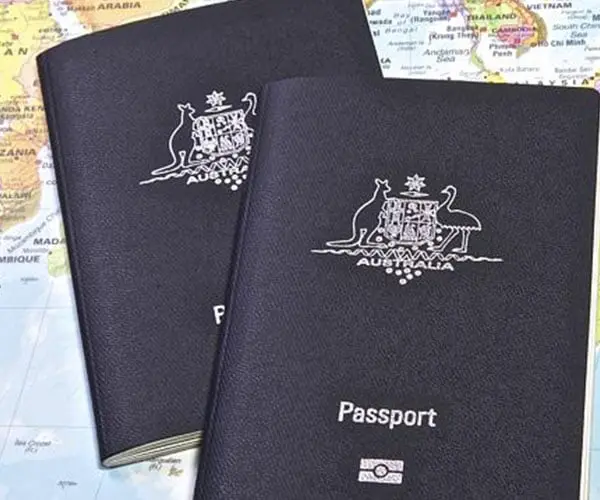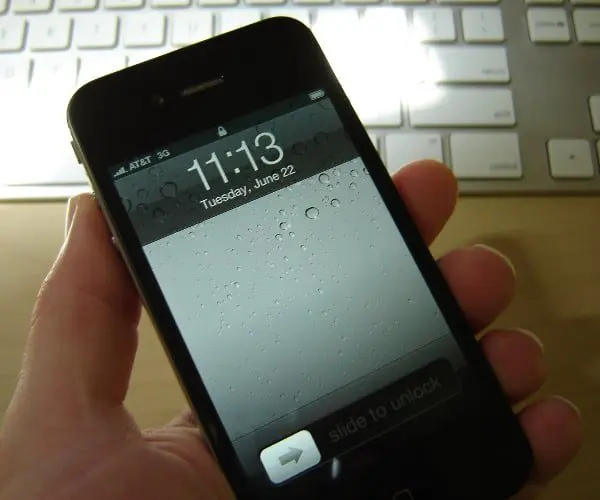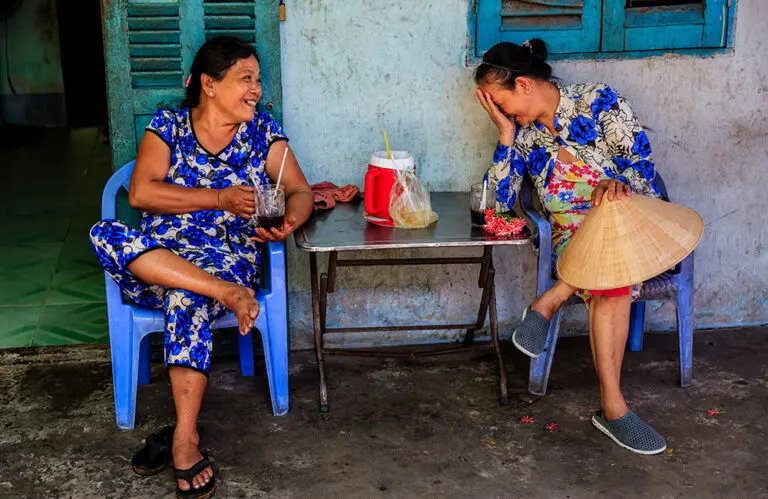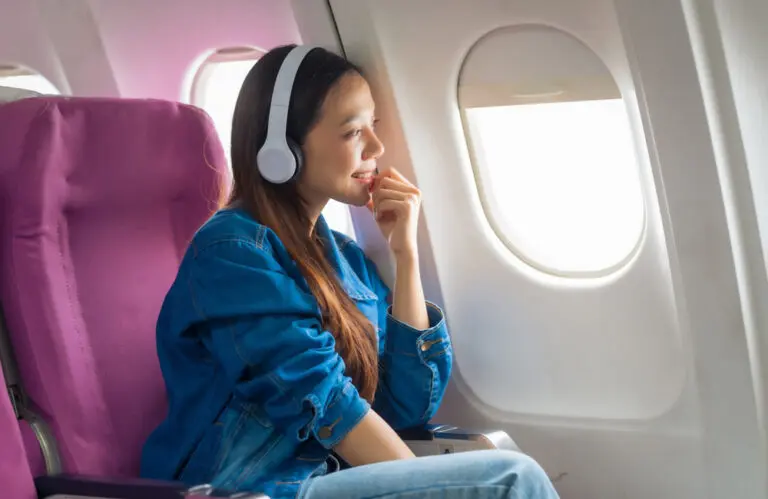You’ve been budgeting for a while now, you start getting the jitters about the next big adventure you’re soon to embark on. It’s an exciting time so don’t let any mishaps deter your travels.
Here are 8 things you need to do before travelling internationally:
1. Check your passport

Photo: www.news.com.au
Can you imagine what a nightmare it would be if you were ready to go on your trip and then realised that your passport is set to expire? The last thing you’d want to do abroad is deal with having to renew it. Check that your passport has at least six months’ validity from your planned date of return to Australia. Visit the Australian Passport Office website.
2. Research tourist visas/check for travel warnings
Depending on where you plan to travel, you might be required to provide the international country with a tourist visa. Contact the nearest embassy, high commission or consulate of the countries you plan to visit.
3. Go to the doctor

Photo: www.goodhousekeeping.com
Give yourself ample time to see a doctor and figure out if you need any vaccinations or antibiotics for your travels. Consult with your doctor and/or check the nearest embassy, high commission or consulate of the countries you plan to visit to see if your medications are legal where you plane to travel.
4. Look into health and travel insurance
If you don’t have international travel coverage then be sure to get some. You’ll want to stay healthy and safe while on your travels.
5. Print all important documents
In case of emergency, always have a copy of important documents such as your passport, itinerary and tickets, visas and insurance policy with you. Also leave a copy with a friend or family member.
6. Unlock your phone/buy a travel adaptor

Photo: www.thenextweb.com
You’ll want to make sure your electronic devices such as your phone, computer and camera will work overseas. Buy a universal travel adaptor with surge protection that way you’ll be able to plug your devices in wherever you go. International phone plans could be costly, it’s best to get your phone unlocked and get a prepaid sim card in the country you’re travelling in.
7. Tell your phone provider/bank/credit card companies of your travels
Inform your phone provider that you’re travelling and decide whether you plan to use your current carrier while overseas. It’s also good to contact your bank and credit card companies and figure out costs that will be incurred in the event you use the cards while travelling.
8. Learn the basics if another language is involved
The more of an effort you put in to learn the local language, the better your travel experience will be. And with all the translation apps, it shouldn’t be hard. Not only will you be treated with respect but it’s important if you have any sort of food allergies or medical conditions you need to inform people about.
What’s the first thing your worry about when organising for an overseas trip? Tell us in the comments section or tweet @karryontravel







